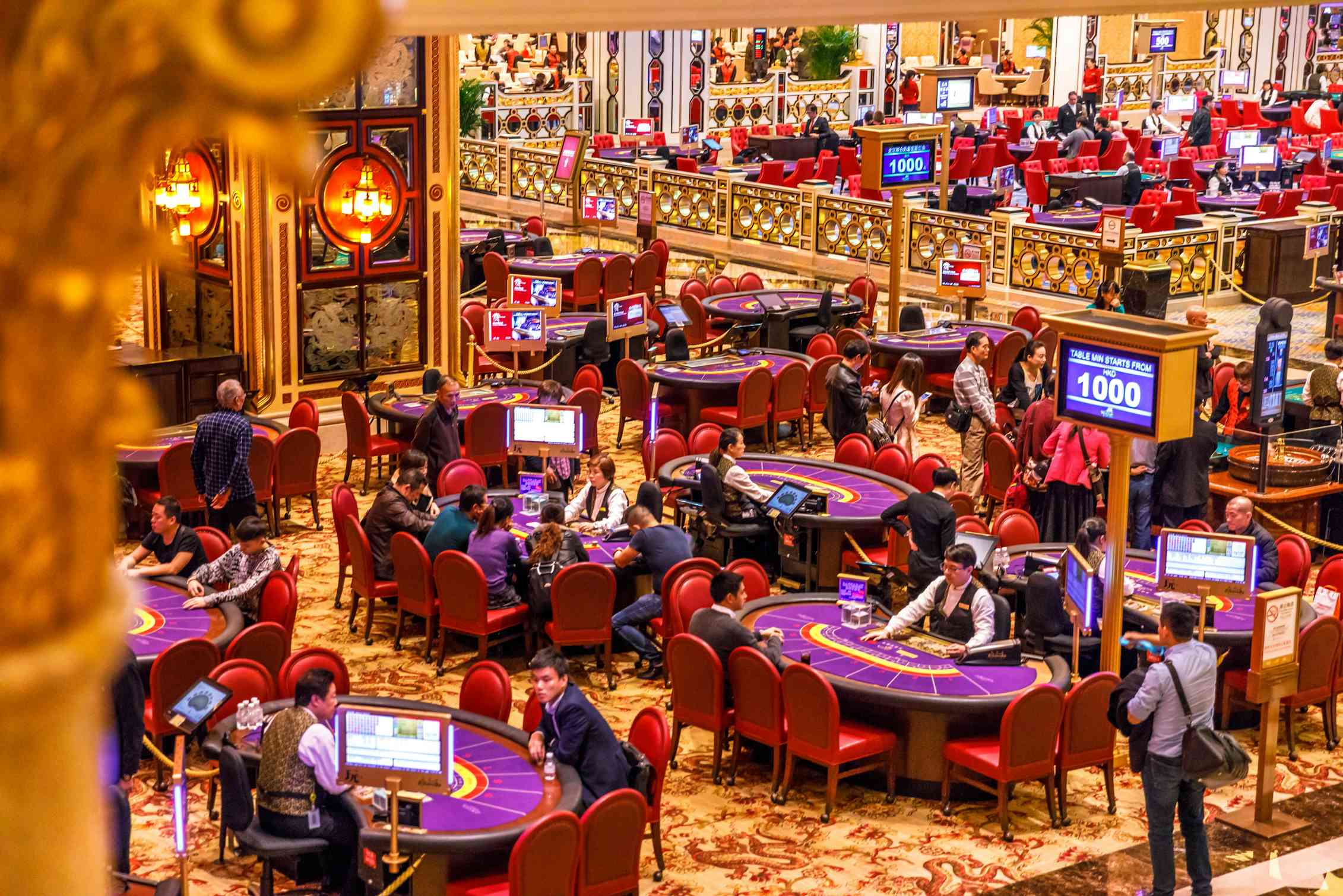
Casino entertainment have long been a staple in human culture, offering not just entertainment but a captivating reflection of our hopes, dreams, and anxieties. From the turning reels of a slot machine to the tactical play of poker, these games embody a spectrum of human emotions and experiences. At their core, casino games are more than a chance to win money; they are a reflection of life itself, where risk versus reward converge and luck can change in an moment.
As players convene around tables or sit in front of vibrantly illuminated machines, they engage in a ceremony that transcends mere playing. These games echo our innate desires for social interaction, thrill, and the quest for chance. They also disclose deeper truths about human nature, such as our relationship with chance and the adrenaline of risk. In exploring casino games, we discover not only the nuances of play but also the complex weave of the human story, showcasing our interconnected narratives of aspiration and reality.
The Psychology of Gambling
Gambling is deeply rooted in the psyche of individuals, appealing to various feelings and wants. The excitement of risk-taking is a fundamental aspect that attracts participants, whether it’s excitement of spinning a roulette or the anticipation of drawing a winning card in poker. This rush of adrenaline is frequently likened to other forms of excitement, as the uncertainty of outcomes triggers a unique psychological response. Gamblers often become entranced by the possibility of striking it rich, leading to an irresistible draw toward gambling games.
Additionally, an essential component of the psychology behind gambling is the concept of optimism and aspiration. Players often nourish fantasies of financial freedom and the luxurious lifestyle that can accompany winning. This hope fuels their continued participation in gambling, as it provides a sense of meaning and the conviction that a life-changing win could be just one wager away. The story of overcoming odds and achieving success resonates with many, reinforcing their dedication to play and engage with these games. 78win01.cfd
Finally, social dynamics play a crucial role in gambling psychology. Gambling venues are designed to foster social interaction, where players gather to share the journey of wins and losses. This communal aspect not only enhances enjoyment but also affects behavior, as individuals often imitate the actions of others in their vicinity. The collective approval found in shared excitement can magnify the emotional experience, making casino games a mirror of not just personal desires but also shared involvement within the gaming community.
## The Dual Nature of Risk and Reward
Gambling activities embody the delicate balance between danger and gain that resonates deeply with human psychology. The thrill of placing a wager is often accompanied by a rush of adrenaline, as gamblers are confronted with the chance of winning big, yet fully aware of the potential to suffer losses. This dual experience reflects a fundamental aspect of life: the paths we choose often come with inherent risks, and the quest for benefit can drive us to make risky moves we might not typically consider. In this way, casino games reflect real-world decisions, enticing gamblers to risk not just their funds, but also their aspirations.
The allure of jackpot prizes and payouts fuels a sense of optimism, inspiring players to imagine a more promising future that could manifest from a lucky spin of the roulette or dealing of a hand. This positive outlook can motivate individuals to engage in greater risks, urging them to take greater risks in search of financial gain. Nhà cái 78WIN However, just as in life, the consequences of these risks can lead to both triumph and failure. The narratives of both big winners and those who have lost everything at the tables demonstrate the chaotic nature of chance and its consequential effect on our lives.
Ultimately, the experience of engaging with casino games serves as a strong reminder of the nature of humanity. Every game played is filled with the tension of uncertainty, as gamblers weigh the gains against the dangers. This dynamic not only highlights the excitement that comes with betting but also exposes the vulnerabilities that come with the longing for more. As we journey through the challenges of decision-making and consequence in both the gambling world and in life, we find that the quest for gain shapes our character and lives in deep ways.
Culture and Solitude in Casino Culture
Gambling culture is a special mix of social interaction and individual endeavor, reflecting the tensions of individual experience. Players often gather around games, sharing in the thrill of the action, celebrating wins, and commiserating over losses. This social aspect is vital, as it creates a sense of belonging and camaraderie among diverse groups of individuals. Regular visitors to gaming establishments may build friendships and develop routines, turning the gambling venue into a alternative home where they experience linked to a larger community of players.
However, the allure of casino activities can also result to loneliness. As individuals become immersed in the excitement of playing, they may isolate from personal relationships or fail to engage with the environment outside the casino. For some, the search of a jackpot can overshadow genuine connections, leading to loneliness. The experience of being surrounded others yet feeling solitary is not rare, as the focus shifts from shared enjoyment to the individual stakes of each player’s journey.
This interplay of community and solitude creates a vivid mosaic that defines gaming culture. It showcases the complexity of social interactions, where joy and despair coexist. Casinos serve as both a sanctuary for social interaction and a stage for individual challenges, illustrating how intimately connected our yearning for connection and the personal quest for fortune can be. In navigating this environment, players confront their own stories—seeking both the rush of the game and the fellowship of other players, ultimately mirroring the broader spectrum of individual experience.
